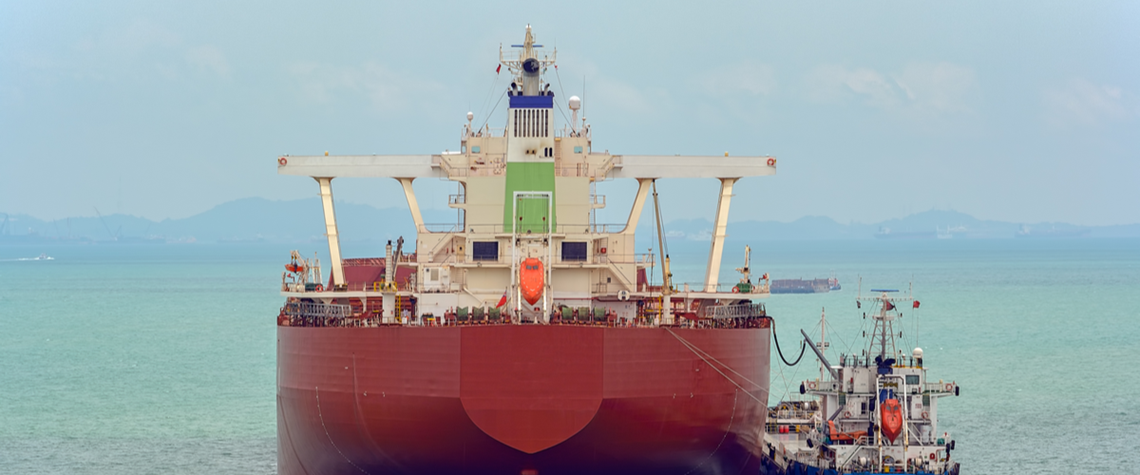New shipping fuels need lifecycle emissions analysis
IMO developing well-to-wake methodology amid calls for robust assessment of clean fuels’ green credentials, conference speakers say
New fuels under consideration by the shipping industry as low- or zero-carbon alternatives to diesel bunker should have their green credentials assessed along their entire value chain, from the upstream point of production to downstream end-use, industry experts urged at a conference on Wednesday. Potential future low-carbon and zero-carbon fuels for shipping—from methanol and ammonia, to hydrogen and LNG—have diverse production pathways that entail significant differences in their overall environmental footprint. This makes it important to assess the greenhouse gas (GHG) emissions across the lifecycle of a fuel, from its production until it is used to fuel a vessel, rather than just the las

Also in this section
21 July 2024
Awards experience 20% increase in nominations this year, with submissions from 27 countries
18 July 2024
Platform developed at Scottish university uses advanced simulations and machine learning to find most cost-effective and sustainable combinations of materials for use in carbon capture
18 July 2024
Stockholm Exergi agrees to one of world’s largest deployments of CO₂ liquefication technology to enable transport of emissions captured from biomass power plant
11 July 2024
Watkins will leverage her financial acumen and strategic insight to lead Gulf’s commercial initiatives across media, events, and market intelligence







